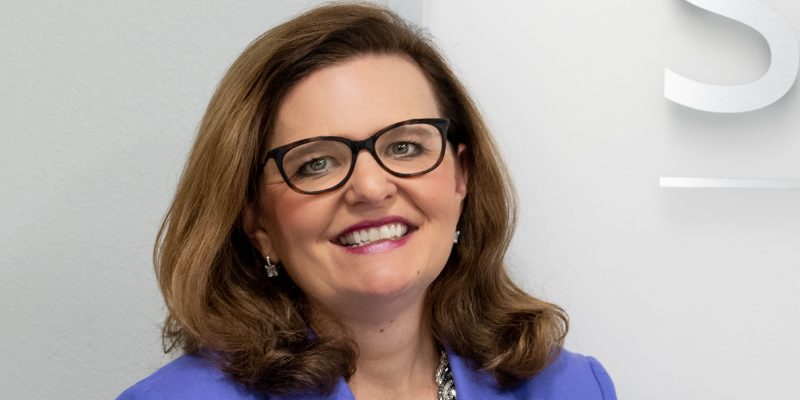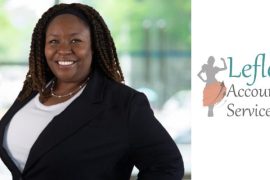By Jennifer Ridley Hanson, CFP®, CDFA®, Director of Wealth Planning, Senior Wealth Advisor, Partner
Are you on track to retire on the timetable you desire? How and when you invest makes a big impact on the potential future value of your retirement accounts.
Here’s how I guide clients through the ages:
In Your 20s, 30s and 40s
These are busy years in which we’re building our careers — and often families too. If you have access to an employer-sponsored retirement plan such as a 401(k), contribute as much as you can afford, and at least as much as it takes to get any matching funds from your employer.
If you do not have a company retirement plan, consider IRAs or retirement plans designed for sole proprietors and small businesses, which offer tax advantages for saving money for retirement.
In Your 40s and 50s
By now, you probably have advanced in your career and changed jobs a few times. It’s common to leave an old 401(k) behind with a former employer and it is easy to lose track of these assets and how they’re performing. The typical 401(k) plan can be rolled over to an IRA without penalty or taxation as long as it is a direct rollover. I can work with you to consolidate old 401(k)s into one IRA for ease of management.
In Your 50s and 60s
Annual contributions to retirement accounts, plus the gain in market value of your investments, is the recipe for success for a comfortable retirement. It’s time to update your retirement financial plan to confirm you are on track.
Whether or not Social Security will still exist, or how much you will receive, remains a topic of discussion. It’s important to not be dependent on Social Security to cover the majority of your living expenses in retirement. Ideally, your expenses will be covered by your retirement plan contributions.
In Your 60s and 70s
For most of us, our full Social Security retirement benefit is available at age 67, but you can defer to age 70 to receive a higher benefit under current law. There will likely be changes to Social Security over the next several years to solve projected shortfalls, so keeping an eye on your projected benefit amount is important. You can set up an account to see your benefit estimate statement at ssa.gov.
In Your 70s and 80s and Beyond
You’ll need to start drawing Required Minimum Distributions (RMDs) from your IRAs at age 75, but you can start taking distributions earlier (age 59 1⁄2 to avoid a penalty). Distributions coming from accounts that went in pre-tax will be subject to income tax upon withdrawal.
As a CERTIFIED FINANCIAL PLANNER® practitioner, I can work with you to review beneficiary forms and update your overall estate plan regularly to make sure everything is in order for a happy, worry-free retirement.
525 Junction Rd., South Tower, Ste. 6500, Madison, WI 53717
608.310.3706 | [email protected] | slatestone.com



